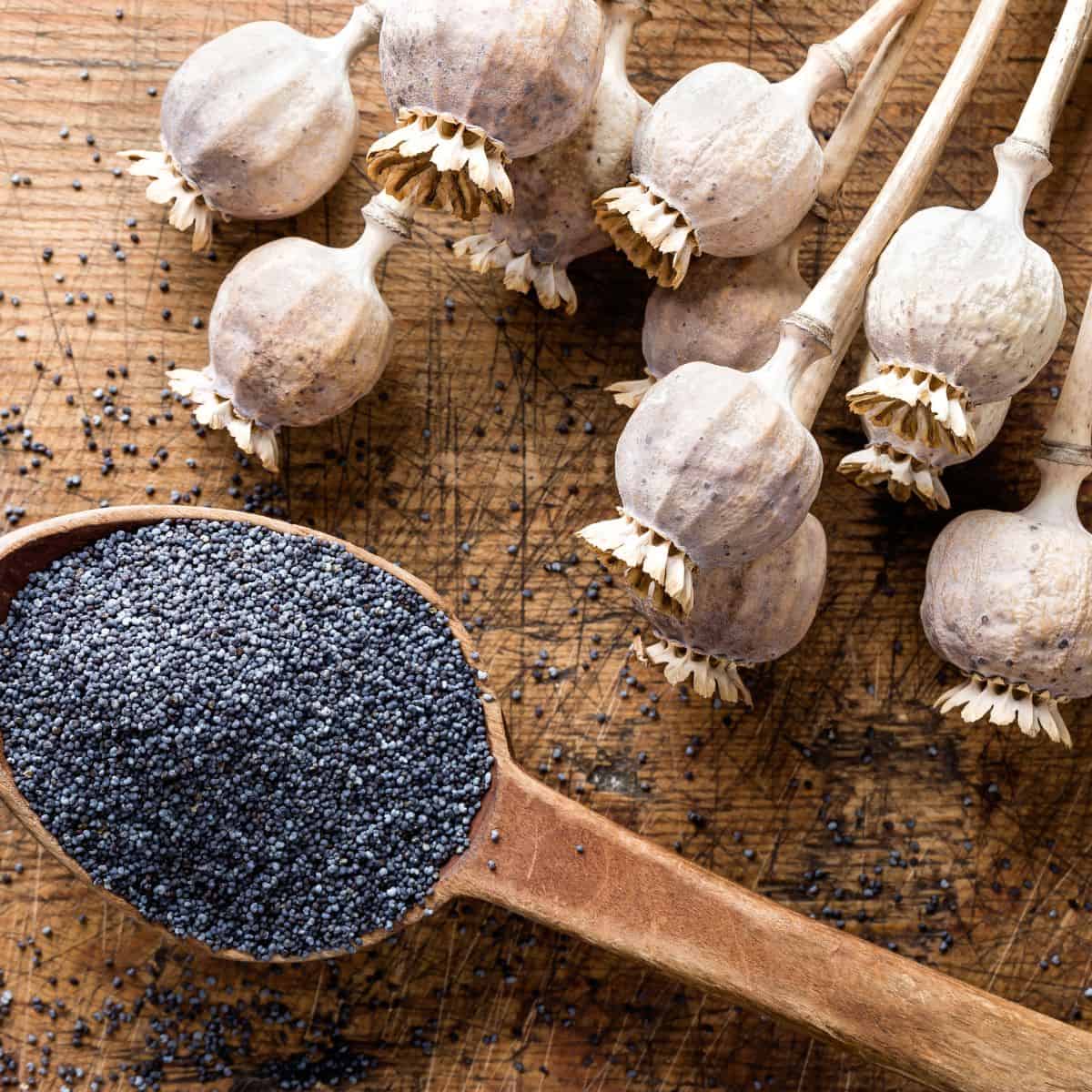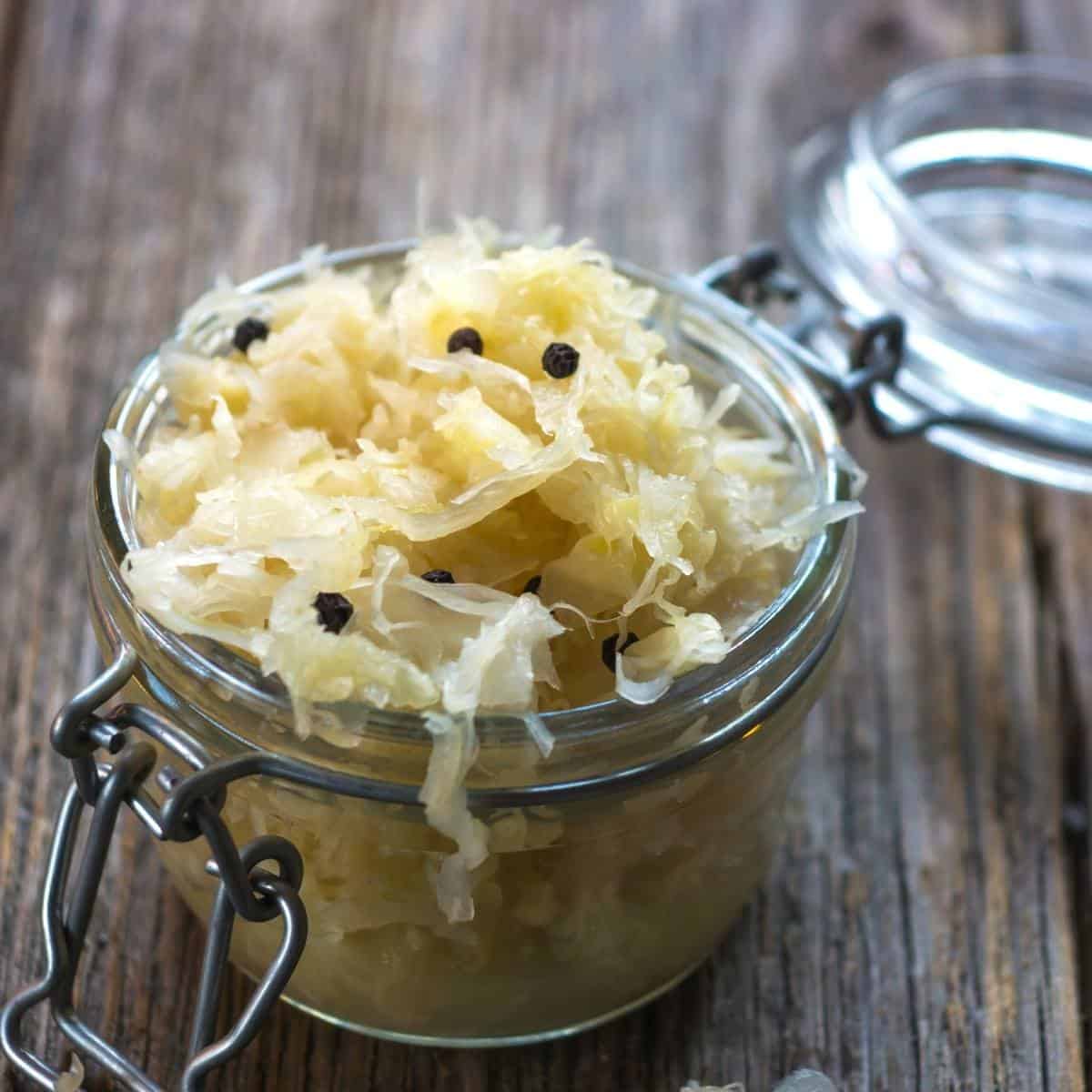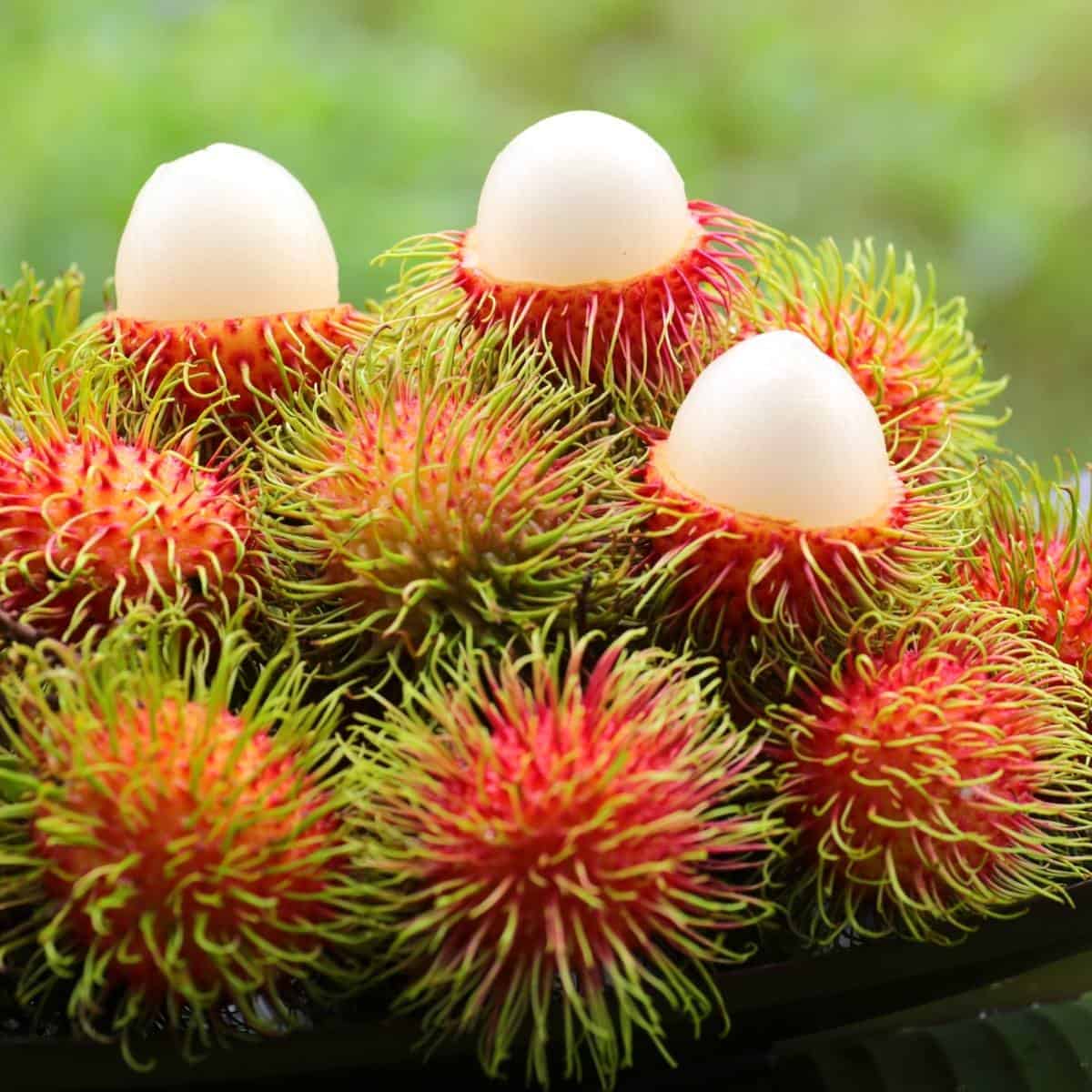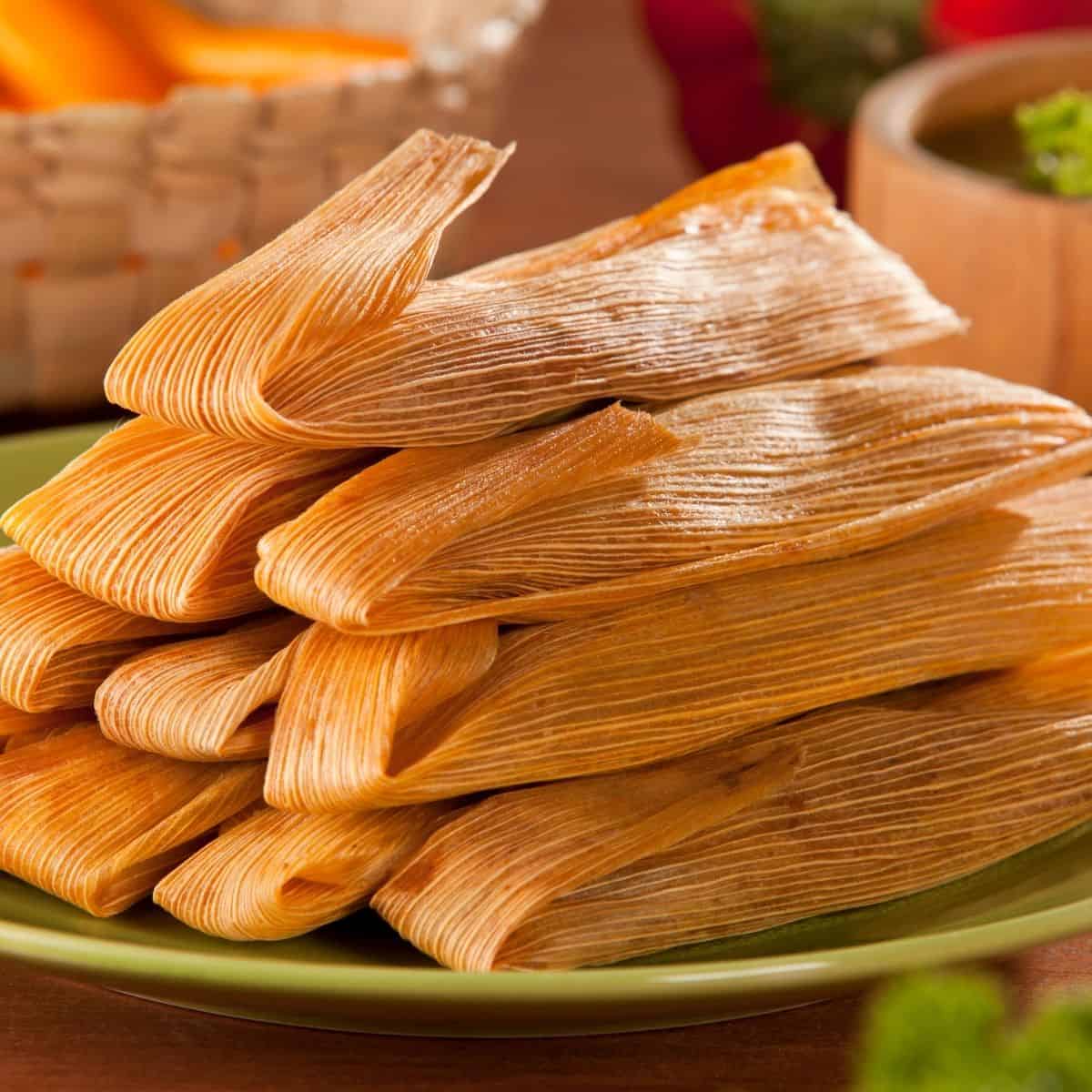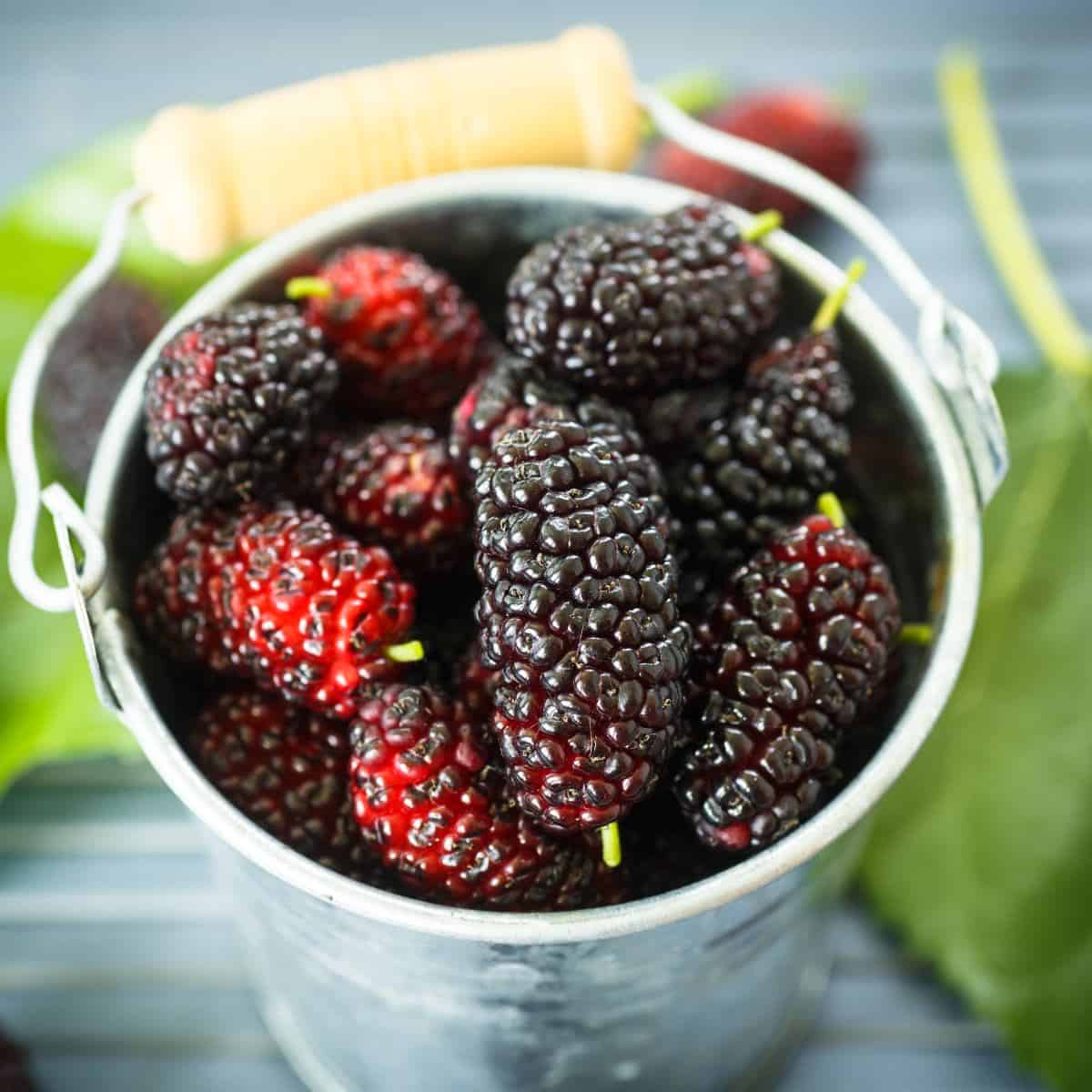Can Dogs Have Jackfruit?
Jackfruit, while a staple in Southeast Asia, is an up-and-coming fruit in the western world. Because of its similar texture, many vegetarians and vegans have turned to jackfruit as a meat alternative, so it’s natural for your pup to also be curious about this exotic fruit.
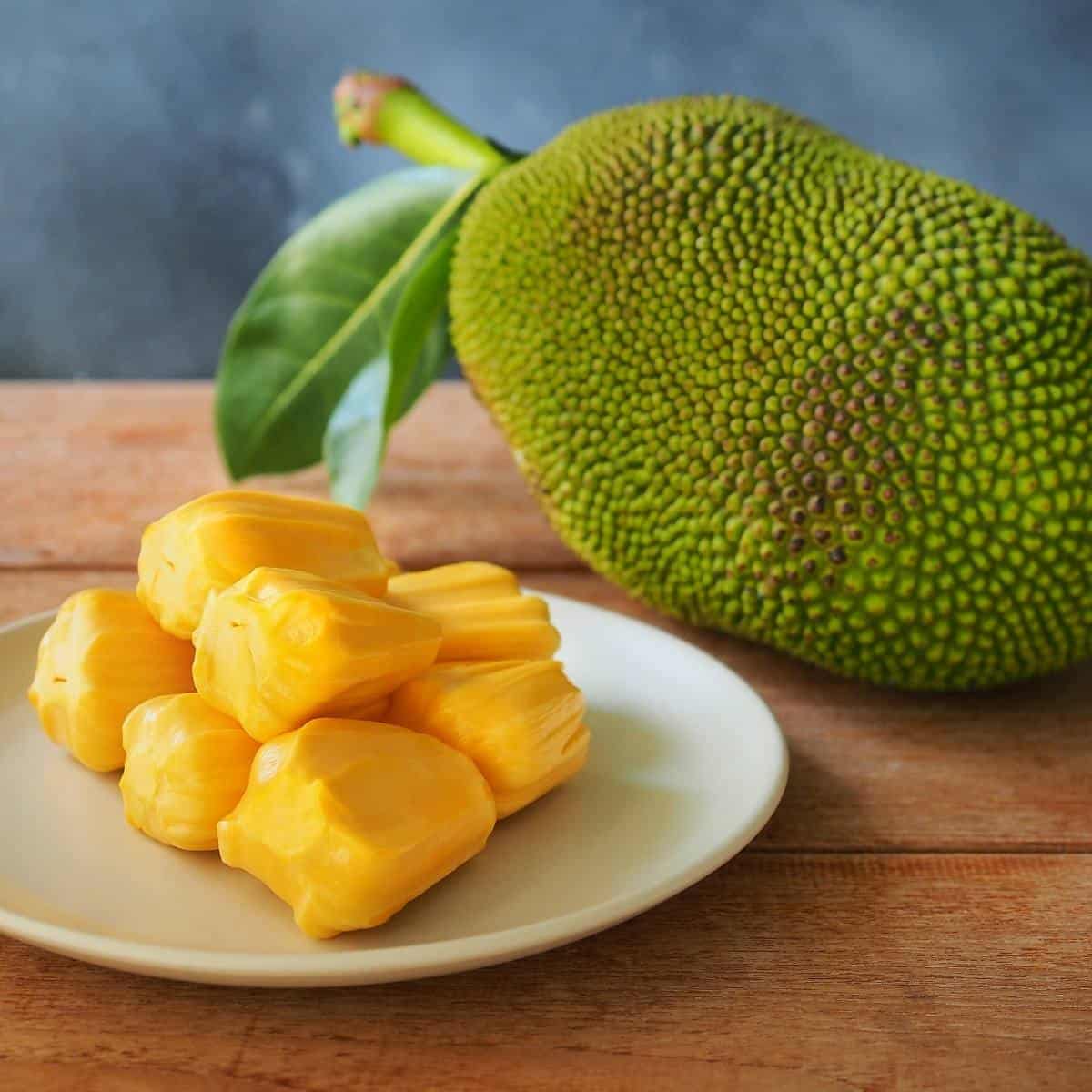
Before you share your jackfruit with your dog, it’s important to note that there’s little research available on its safety or toxicity for your furry friend. While there is anecdotal evidence that dogs can eat jackfruit, feeding your dog any kind of human fruit or scrap comes with its own hazards.
Human food is often high in calories, fat, or salt, and typically contains seasonings or additives that can be dangerous for dogs to consume. Because of this, you should always check with your vet first, and feed your dog jackfruit, or even human food, with caution.
What is Jackfruit and Where Does it Come From?
Jackfruit, also known as Artocarpus heterophyllus, is a tropical fruit grown in Asia, Africa, and South America. Its claim to fame is its ability to swap between savory and sweet flavors depending on how ripe the fruit is.
When it’s unripe, it has a neutral flavor that works great for many savory dishes, including vegetarian curry or a vegan “pulled pork.” When the fruit is ripe, however, it has a sweet flavor, similar to other tropical fruits like pineapple, mango, or papaya.
Jackfruit is the largest fruit in the world that grows on trees, with some fruits weighing more than 40 pounds. Luckily, you can buy jackfruit already peeled and cut in the grocery store, making it a little easier to transport home.
Can Dogs Eat the Seeds and Peel of a Jackfruit?
Because jackfruit hasn’t been popular in the western world for very long, there is little research available about how safe the fruit is for your dog to consume. However, there is evidence to suggest that the seeds and peel of jackfruit can be dangerous for your pup to eat.
The outside of jackfruit is spikey, rough, and thick, making it difficult for your dog to chew. If they do manage to chew it, swallowing it can be a choking hazard.
Your dog’s body also can’t digest the skin of jackfruit, which can lead to a dangerous blockage in your dog’s digestive tract.
The seeds of a jack fruit can also be a choking hazard, but the real danger comes in their toxicity. While it’s not confirmed that jackfruit seeds are toxic to dogs, they are toxic to humans when consumed raw.
Raw jackfruit seeds contain tannins and trypsin inhibitors which interfere with nutrient absorption and digestion. Once the seeds are roasted or boiled, however, the heat makes the antinutrients inactive, so they’re safe for human consumption.
All fruit seeds also have trace amounts of cyanide which can be dangerous for your dog. For these reasons, it’s best to remove the seeds and the peel before giving your dog any jackfruit.
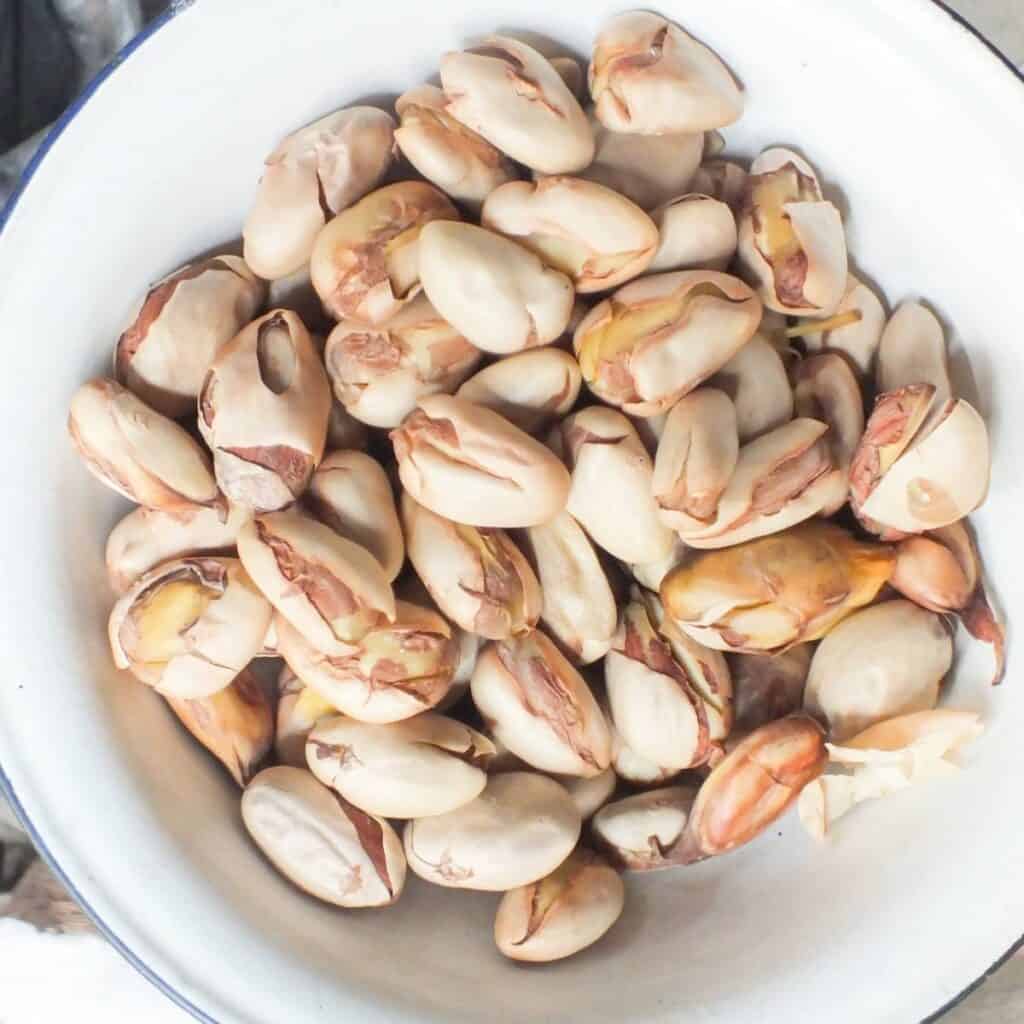
Health Benefits of Jackfruit
For humans, jackfruits offer a variety of health benefits, including almost every vitamin and mineral that your body needs. These include:
- Fiber
- Vitamin A
- Vitamin C
- Riboflavin
- Magnesium
- Potassium
- Copper
In addition to these vitamins and minerals, jackfruit also has more protein than any other similar fruit, over 3 grams per cup compared to 0-1 grams of other fruits.
Jackfruit is also a great source of antioxidants, providing carotenoids that help protect cells from damage and even prevent diseases like cancer. As the jackfruit ripens, its carotenoid level actually increases as well.
While these benefits are great for people, your dog processes food differently and had different nutritional needs. Your dog may receive some of the vitamins and minerals, but jackfruit should never be your dog’s source of daily nutrients.
How Much Jackfruit Can a Dog Eat?
Because there is limited research on the effects of jackfruit on dogs, it’s best to start with small amounts and monitor your dog’s reaction, as is the case when you introduce any new food to your dog’s diet.
Make sure to remove the seeds, peel, and outer white substance (latex) before feeding the fleshy fruit to your dog, and always talk with your vet before making any change to your dog’s diet.
Can I Give My Dog Dried Jackfruit?
It’s best to avoid giving your pup any dried fruit. The texture and smell of the dried fruit may be more appealing, but the concentration of sugar in fruit chips can be harmful to your dog in large amounts, as with banana chips and plantain chips.
If you were to give your dog dried jackfruit chips or they eat them by accident, you want to make sure they are free of spices, sweeteners, and other harmful processed ingredients.
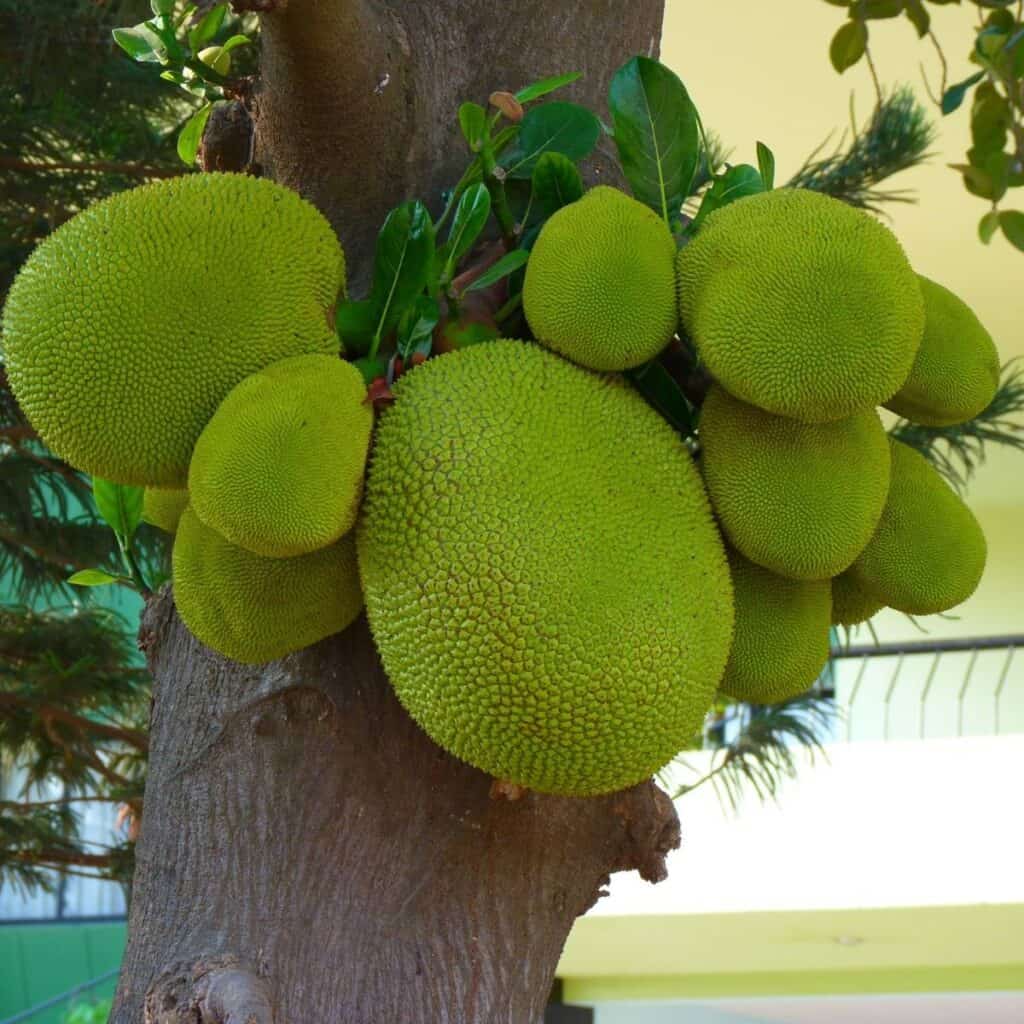
Can Jackfruit Be Poisonous?
Parts of the jackfruit can be poisonous to both dogs and people. The seeds of the jackfruit, for example, are filled with antinutrients when they’re raw. These antinutrients called tannin and trypsin inhibitors, make it hard for your body to digest your food.
Jackfruit also contains two common allergens that can be harmful to both dogs and people. If you or your pup have sensitivities to birch pollen or latex, they should avoid eating jackfruit.
Jackfruit is also in the same family as figs, which are safe for dogs in small quantities, but more than 1 or 2 figs often leads to upset stomachs in dogs. Because of the lack of research on jackfruit and dogs, it’s best to assume they carry the same qualities as their fig relatives.
Is Jackfruit Good for Puppies?
Unfortunately, there is no conclusive answer on whether jackfruit is good for your puppy or not because of limited research.
Anecdotal evidence has shown that small amounts of jackfruit can be safe for your puppy to consume, and they may even reap some of the health benefits like fiber, antioxidants, and protein.
Always give your dog new foods in small quantities and monitor their behavior for any signs of an allergic reaction. If your dog shows any change in behavior, stop giving them jackfruit immediately and contact your vet.
New research is emerging every day, so it’s best to check with your vet to see if they recommend jackfruit as a snack for your pup.

